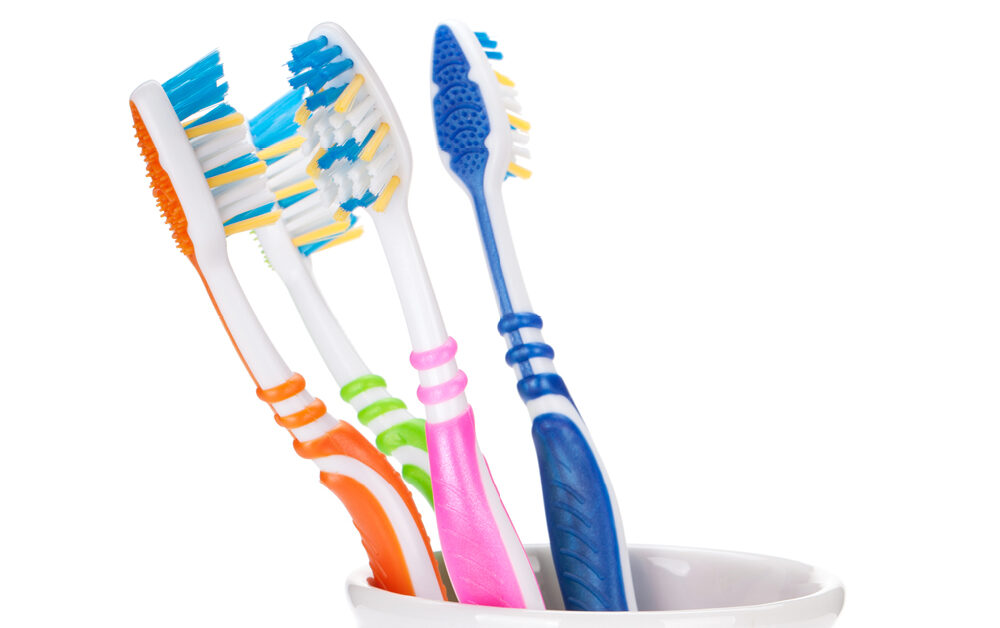
Gender Matters: Understanding the Differences in a Woman’s Heart
February 2022
Protect your Home from the Ground Up
February 2022During National Children’s Dental Health Month
It’s Never Too Early
by Kristy Como Armand
What’s cuter than seeing your baby’s smile with that first tiny tooth peeking through? You may not have stopped to think about the health of that tooth, and those that will follow, but it’s important for parents to understand that healthy dental habits should begin before the first tooth cuts to prevent tooth decay.
Tooth decay (dental caries or cavities) is one of the most common chronic childhood diseases in the United States. Tooth decay might first appear as white spots at the gum line. These spots are hard to see at first, even for a dentist without the proper equipment.
According to Dr. Eric Sanders, pediatric dentist with Sanders Pediatric Dentistry, tooth decay in infants can develop in a few different ways. “One of the most common causes is when a baby’s teeth and gums are exposed to a liquid, other than water or food for an extended period of time. This typically occurs when an infant is put to bed with a bottle of formula, milk or juice. Another source of tooth decay is bacteria passed through saliva from parents and caregivers. This can happen by sharing spoons or cups, or if a parent cleans off a pacifier in their mouth and gives back to the child.”
Dr. Sanders says preventing tooth decay should start as early as conception with the mother practicing good oral hygiene herself to prevent the risk of spreading bacteria—brushing twice a day, flossing daily and continuing with regular dental visits prior to delivery.
Once the child is born, he recommends the following steps for your infant to provide a foundation for good oral health:
Wipe their gums twice a day with a soft, clean cloth in the morning after the first feeding and right before bed.
When teeth erupt, start brushing twice a day with a soft, small-bristled toothbrush.
If they are under the age of 2, use a smear of toothpaste.
If they are between 2 – 5 years old, use a pea-size amount of toothpaste.
Be sure and use an American Dental Association (ADA)-accepted fluoride toothpaste and that your child does not swallow it.
Do not put your child to bed with a bottle or food.
Do not use bottles or sippy cups as pacifiers.
Begin flossing daily and gently when any two teeth touch.
Limit the amount of sweet or sticky foods.
Serve juice only during meals or not at all.
When they are old enough, based on your pediatrician’s recommendation, encourage them to drink water.
Visit the dentist by their first birthday.
Talk to your child’s dentist if you see any signs of decay or have questions about your child’s teeth.
“The good news is tooth decay in young children can be prevented,” says Dr. Sanders. “It’s worth the effort to help your children develop good dental health habits that will help them grow up with bright, healthy smiles.”
To learn more about the services Sanders Pediatric Dentistry offers or to schedule your child’s first exam, please visit www.sanderspediatricdentistry.com or call 337-433-5437.






